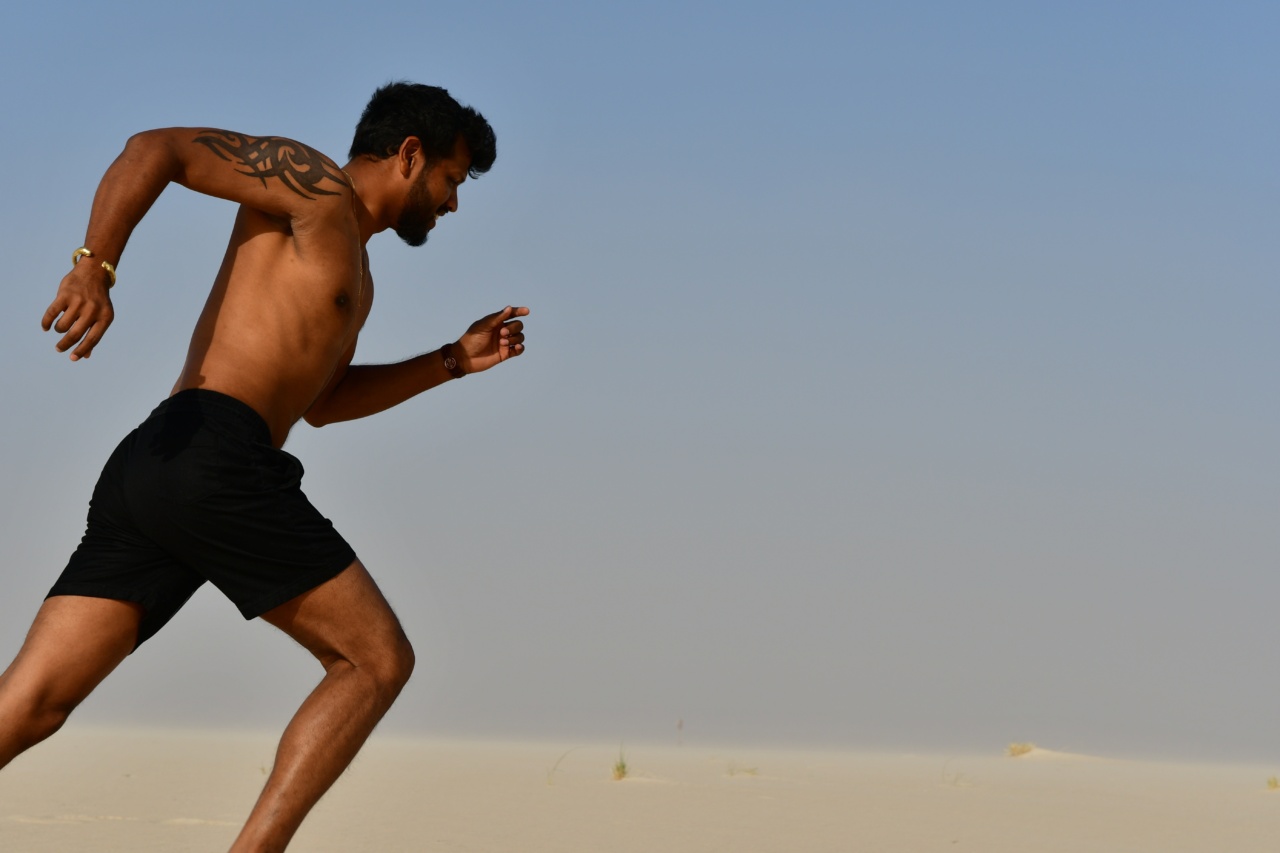Exercise is essential for maintaining a healthy lifestyle, but it can often lead to muscle pain and soreness. Thankfully, there are several natural remedies that can help alleviate these symptoms.
In this article, we will explore some effective ways to combat exercise-induced pain and soreness without relying on medication.
1. Stretching
One of the most effective natural remedies for pain and soreness from exercise is stretching. Gentle stretching before and after your workout can help reduce muscle tension and increase flexibility.
Make sure to focus on the muscles you worked out to target the specific areas that are feeling sore.
2. Foam Rolling
Foam rolling is a popular self-massage technique that can help relieve muscle pain and soreness. Using a foam roller, apply pressure to different areas of your body to release muscle knots and trigger points.
Foam rolling can also help increase blood flow to the muscles, promoting faster recovery.
3. Epsom Salt Bath
An Epsom salt bath can work wonders for soothing sore muscles. The magnesium sulfate in Epsom salt is known to reduce inflammation and improve blood circulation.
Dissolve a cup or two of Epsom salt in warm bathwater and soak for at least 15 minutes to experience the pain-relieving benefits.
4. Arnica
Arnica is a herb that has been traditionally used to treat muscle pain and inflammation. It is available in the form of creams, gels, and ointments. Apply arnica topically to the affected area to help reduce pain and swelling after exercise.
However, make sure to consult your doctor before using arnica, especially if you have any skin conditions or allergies.
5. Ginger
Ginger is a powerful anti-inflammatory spice that can help relieve muscle pain and soreness. You can consume ginger by adding it to your meals or by brewing ginger tea. Another option is to apply ginger oil topically to the affected area for pain relief.
6. Turmeric
Turmeric is another natural anti-inflammatory spice that can aid in reducing exercise-induced pain and inflammation. Curcumin, the active compound in turmeric, has been shown to have pain-relieving properties.
You can incorporate turmeric into your cooking or take curcumin supplements to experience its benefits.
7. Heat and Cold Therapy
Applying heat or cold to the affected area can help alleviate exercise-related pain and soreness. Use a hot water bottle, warm towel, or heating pad on sore muscles to promote blood flow and relaxation.
Alternatively, you can apply an ice pack wrapped in a cloth to reduce inflammation and numb the area.
8. Get Enough Rest
Giving your body enough time to rest and recover is crucial in reducing exercise-related pain and soreness. Make sure to get an adequate amount of sleep each night and avoid overtraining.
Resting allows your muscles to repair and rebuild, ultimately reducing pain and soreness.
9. Stay Hydrated
Dehydration can exacerbate muscle soreness, so it’s important to stay properly hydrated before, during, and after your workouts. Drinking enough water helps flush out toxins from your muscles and aids in their recovery.
Aim to drink at least eight glasses of water per day, or more if you engage in intense or prolonged exercise.
10. Massage
Regular massages can help alleviate muscle pain and soreness. They help improve blood circulation, reduce muscle tension, and promote relaxation.
Consider getting a professional massage or using a handheld massager to target specific areas that are experiencing pain or soreness.































